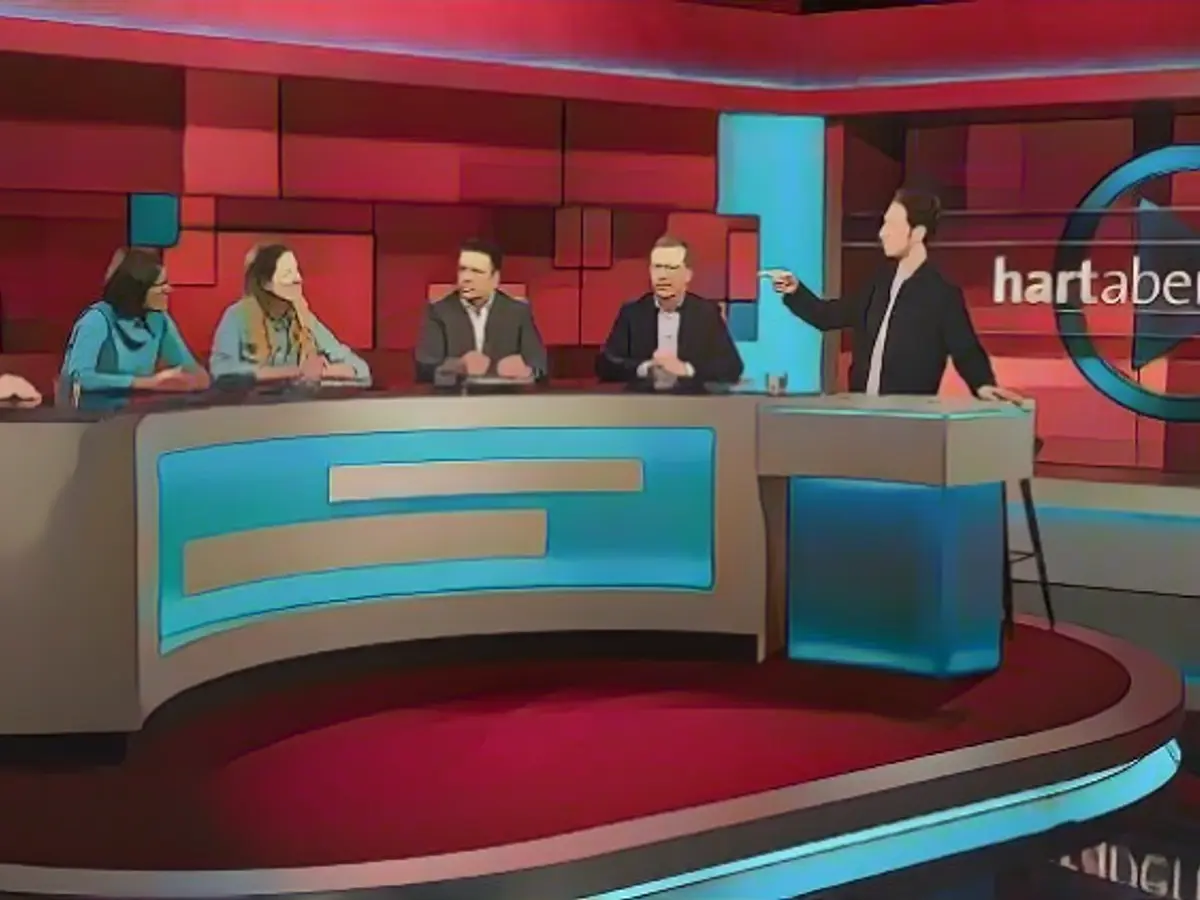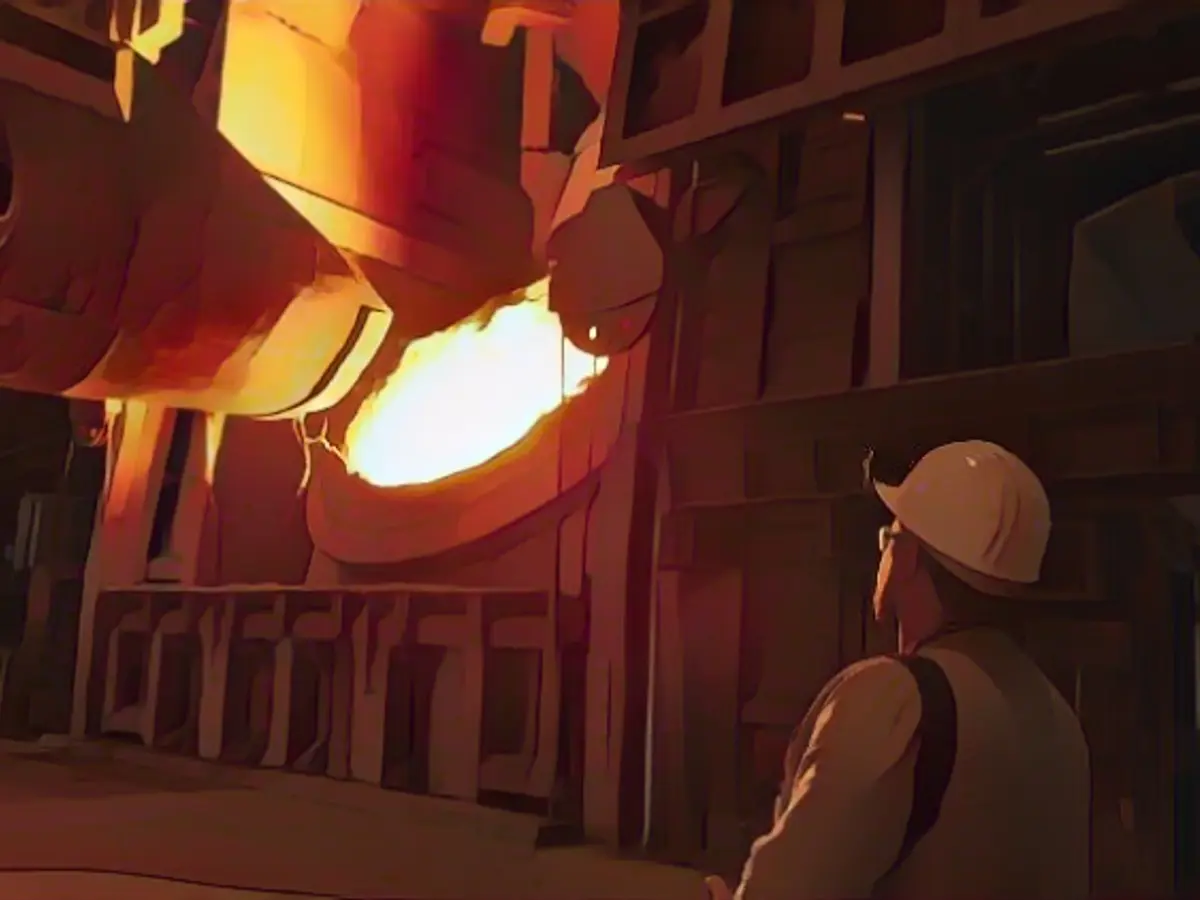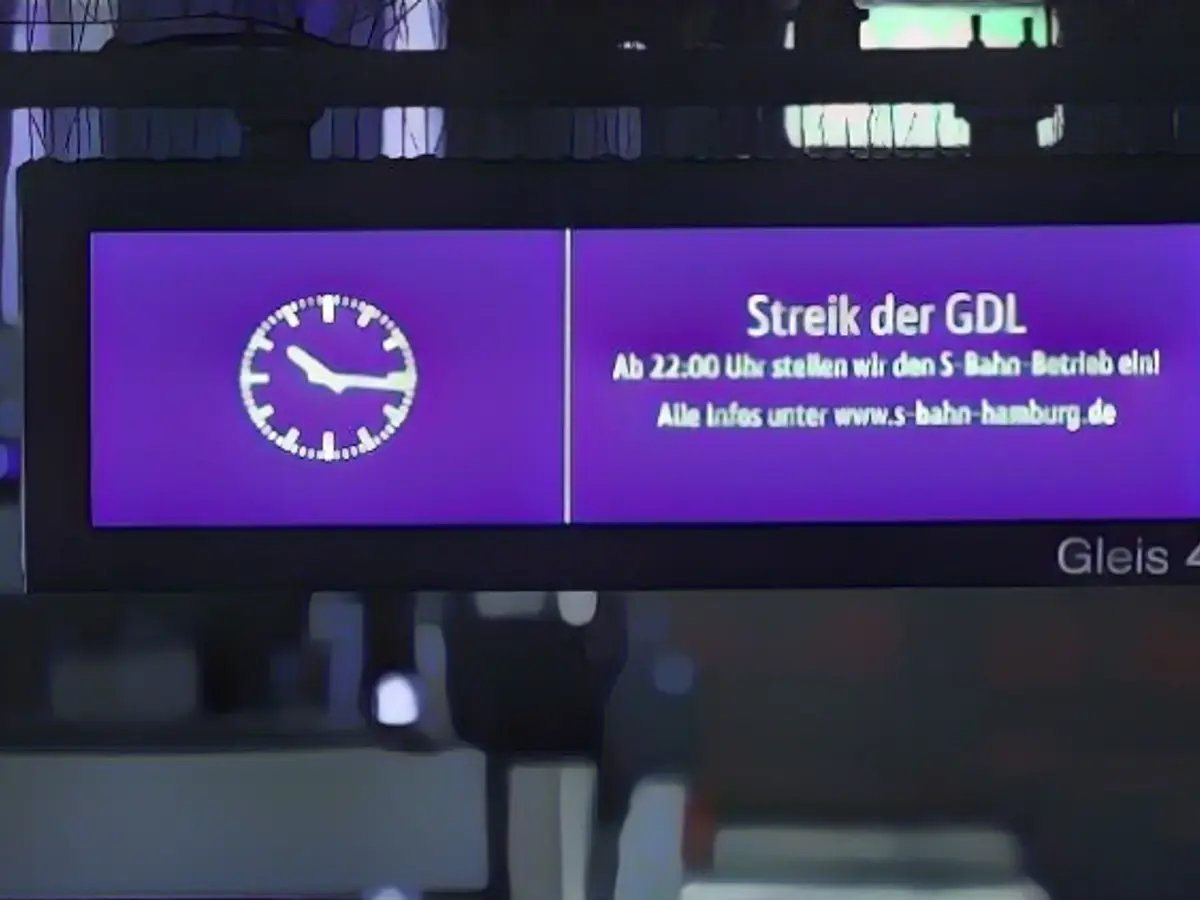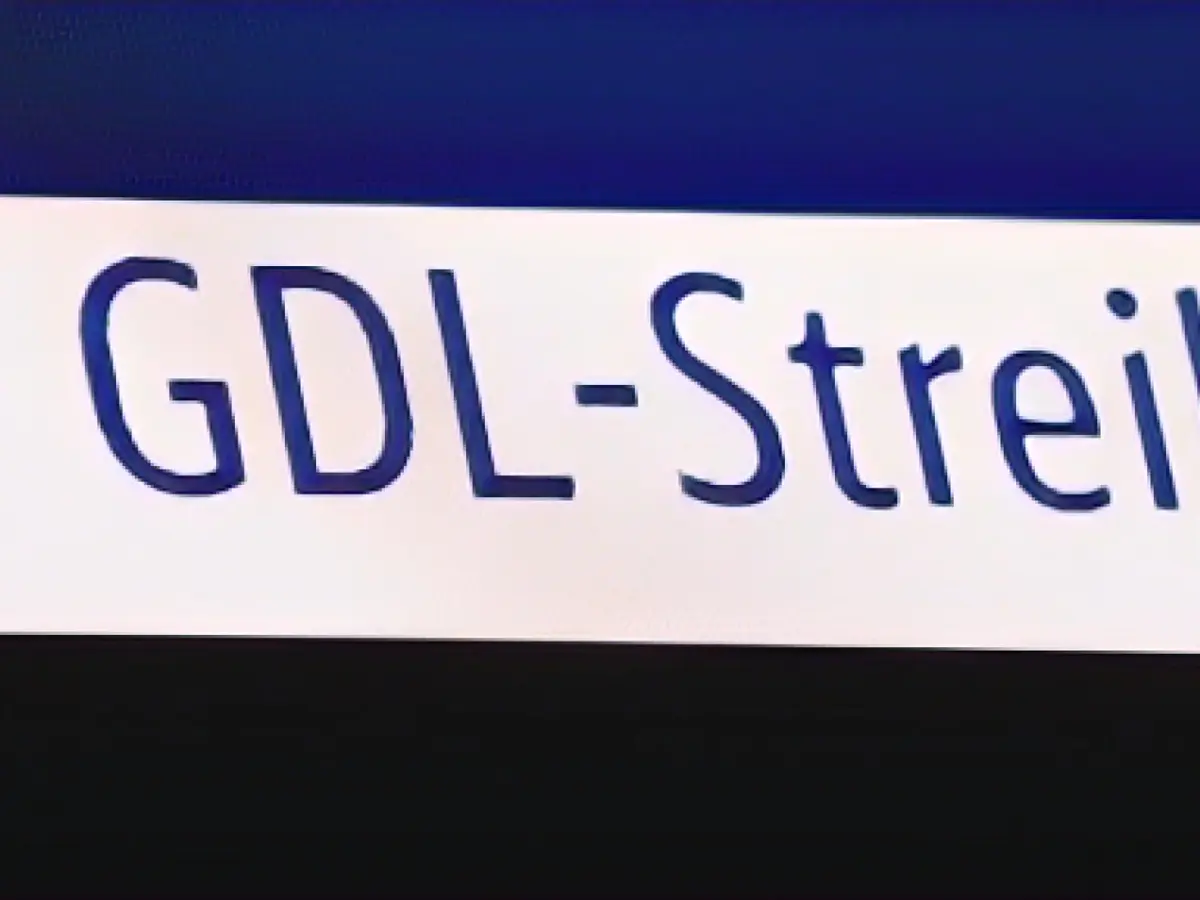Redrawing the Lines of Labor: A Four-Day Week in Dispute
Navigating Collective Bargaining in the Steel Sector
Catchphrases like "Hart aber fair" (Tough but Fair) echo across German employment spheres as unions and employers engage in heated discussions about working hours and wages. Among these debates, IG Metall, the largest trade union in Europe, pushes for a four-day week with full pay compensation in the steel industry. But is this position in line with the current social and economic climate, or is it just another shot across the corporate bow?
The Low-Wage Dilemma and the Allure of Citizen's Income
Modern-day employees, especially those in the lower-paying sectors, are faced with a daunting question: Is work truly worth the struggle when basic needs can be partially covered by a rising Citizen's Income? Many perceive the increased income as an invitation to pursue a more comfortable lifestyle. However, it's essential to distinguish between perception and reality.
Masters of their craft, like Hendrik Armbrust and his trade business, employing 35 workers, understand the value of labor in the market. He expresses concern over the wage issue, stating that lower pay would render his workforce unattractive. In light of these developments, the guests on "Hart aber fair" contemplate how future working hours will evolve, and whether work still holds its appeal in an increasingly complex world.
The Dilemma Unfolds
Federal Minister of Labor Hubertus Heil from the SPD defends the increased Citizen's Income, citing its purpose to secure the minimum subsistence level, as demanded by the Federal Constitutional Court. He emphasizes that the government has made strides to ensure employment is financially advantageous, such as raising the minimum wage, reducing taxes for low-wage earners, and increasing child and housing benefits.
Michael Hüther, the Director of the Institute of the German Economy, which tends to align with businesses, acknowledges that work delivers a greater financial return than state support. Yet, he points out the perks, like event tickets, subsidized for those receiving Citizen's Income. Despite this, the gap in earnings will likely remain a key concern for low-wage workers, as the additional income gained from working more hours may not be substantial.
Weighing the Pros and Cons: Labor's Perspective
The IG Metall trade union is highlighting the steel industry's need for a shorter 32-hour workweek as part of its transformation process. Christiane Benner, the head of IG Metall, asserts that this move could make the steel industry more attractive to qualified workers, making it an essential part of the sector's evolution.
However, critics view the proposition with skepticism. IW Director Hüther expresses concern that the transition to a carbon-neutral society will require tremendous effort and more manpower in the near future, which could be negatively impacted by reduced working hours.
Embracing Flexibility in the Labor Landscape
Labor Minister Heil considers that addressing the need for improved work-life balance and offering more flexible working arrangements, such as scaling-down hours or integrating parental/caregiving leave, could be an alternative to the four-day workweek. He believes that this flexibility should be the outcome of collective bargaining between employees and employers, with the state providing a supportive framework.
Where Do We Go from Here?
The heated discussion surrounding the four-day workweek with full pay compensation in the steel industry is far from settled. It's crucial to consider the various factors when navigating this complex issue, including the impact on employment, labor market dynamics, and overall economic performance.
Sources:
Enrichment data:
For a more in-depth analysis on the potential economic repercussions of a four-day workweek in the German steel industry, one would need to consult specialized reports or studies on this particular topic, as none were mentioned in the initial sources.
*Updated and rewritten by Mistral AI








